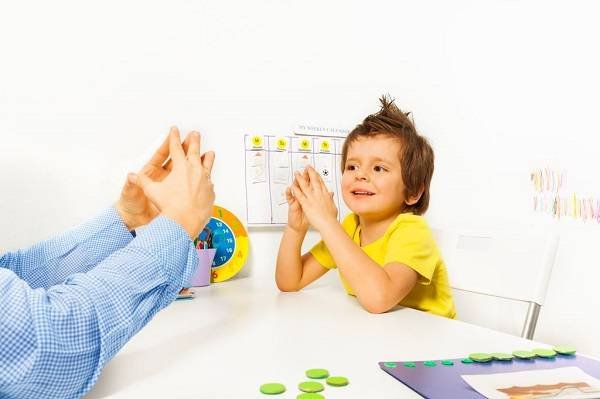Methods for Parents to Support Their Children in Difficult Situations
Recently, we’ve experienced unpredictable changes, ranging from school closures to remote work; staying home has turned into a real challenge for parents worldwide. The good news is that many studies are currently focusing on understanding how children respond to natural or man-made disasters, as day-to-day routines provide children with a sense of security and clear boundaries and expectations.
Routine activities can also help children cope with unpredictable situations andanxiety.They can reduce anxiety caused by significant changes. Based on the research results, some practical steps parents can take to support their children during uncertain and critical times are outlined here in Family Plus.SelMagz.It has been mentioned.

1- Establish a calm and supportive connection
The relationship between parents and children can significantly affect their ability to learn and connect with others. Research shows that when children receive support from a caring adult, they tend to be more adaptable and resilient. While this support usually comes from parents, it can also come from an aunt, uncle, teacher, neighbor, coach, or even siblings.
In fact, a 40-year study on the long-term effects of poverty and family dysfunction on children reveals that one of the strongest factors helping children cope away from their families is having the support of an adult.
Of course, parents also feel anxiety, and children often model their behaviors and feelings after them. In other words, if you remain calm, your child will feel reassured too; if you seem anxious or scared, your child will also experience anxiety andstress.Understanding this, it’s crucial to be aware of how you act and express yourself around your child. Therefore, if you’re feeling anxious, don’t let your children feel insecure. This is worth taking the time for, and you should practice management and coping techniques for your own stress.
2- Overuse of media is harmful

Studies on aggressive children show that the amount or duration of their exposure to media contributes significantly to this issue, regardless of whether the exposure is direct or indirect. According to research, children exposed to distressing media news experienced post-traumatic stress disorder within seven weeks afterwards.
While fully shielding children from upsetting news is unrealistic, it’s a good idea to limit their access to media coverage, whether online or on television. You can also seek advice on how to talk to your children about the news. You can engage with your child and redirect their minds to other topics. For example, occasionally, play a family game or cook together.
3- Communication during learning is essential

A key protective factor for children is their connection to school. Although families are advised to create a school-like environment at home, experts suggest that parents should focus more on defining learning at home rather than strictly following a curriculum for reading and problem-solving, thus fostering communication and emotional skills.
Instead of striving to follow a rigid curriculum at home, look for ways to incorporate learning into your daily routines. Activities like cooking provide practical math applications, while identifying common plant or insect species during nature walks can spark a child’s interest in natural history. Doing this while your child is restless can be beneficial and lead to greater creativity and independence.
4- Children manage stress differently
It’s essential for parents to recognize the biological differences in their children because it influences how they manage psychological stress. Researchers have concluded that approximately one in five children responds more intensely to stress.
These children will show increased sensitivity in both supportive and adverse environments. If they grow up in supportive surroundings, they tend to perform better under these circumstances. However, if the same child is raised in hardship, they will be affected by stress more than an average child would.
This means that some children, especially during tense or uncertain times, require more attention and support than others. In such cases, parents should encourage their child to develop self-management skills and emotional regulation to build resilience and reduce anxiety.
5- Having a purpose is beneficial for a child

What benefits both children and adults in difficult situations is having a purpose. Research shows that having a goal can help both adults and children live better and healthier lives. Children can feel a sense of purpose by having opportunities to help others, both at home and in the community.
Support for the child







